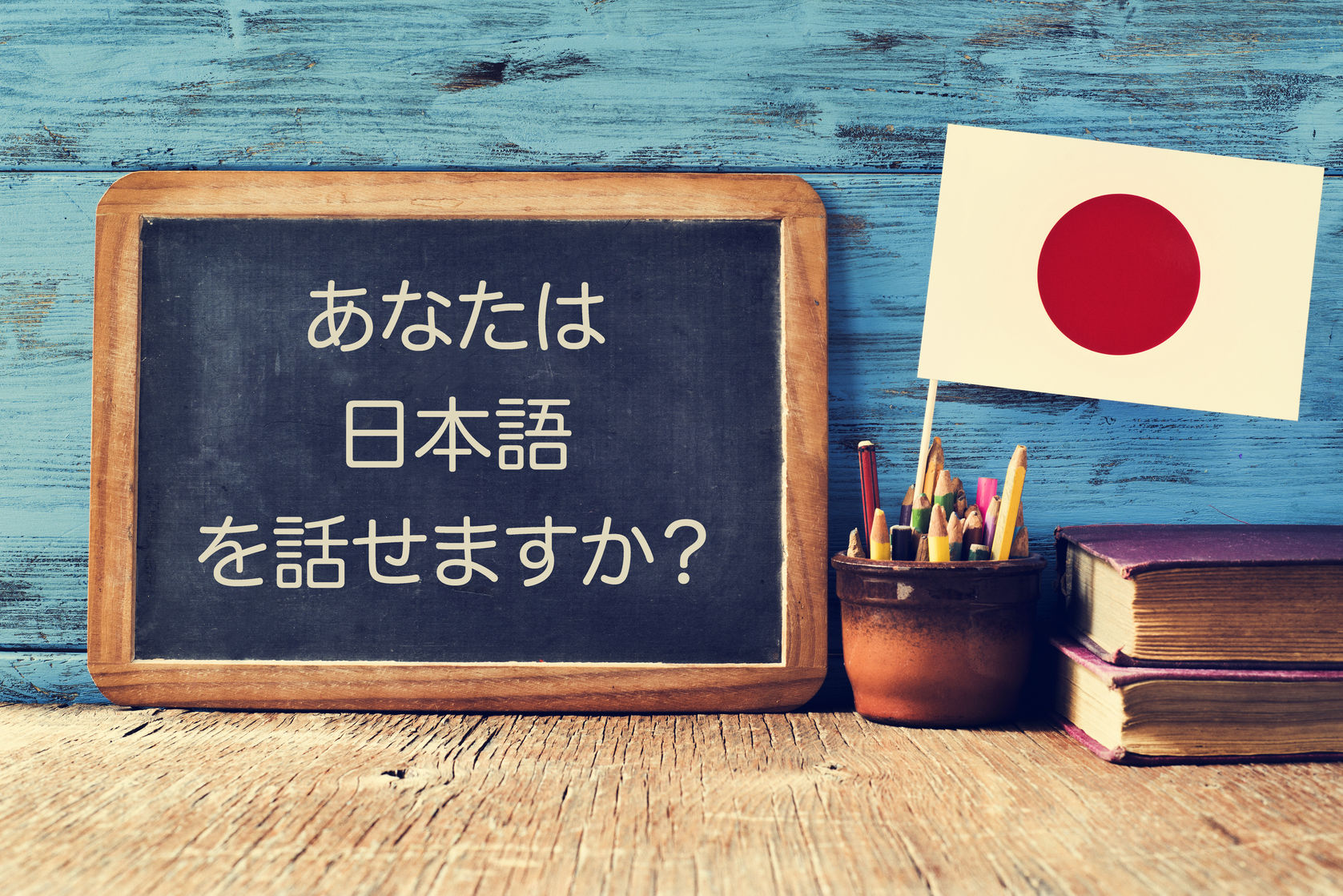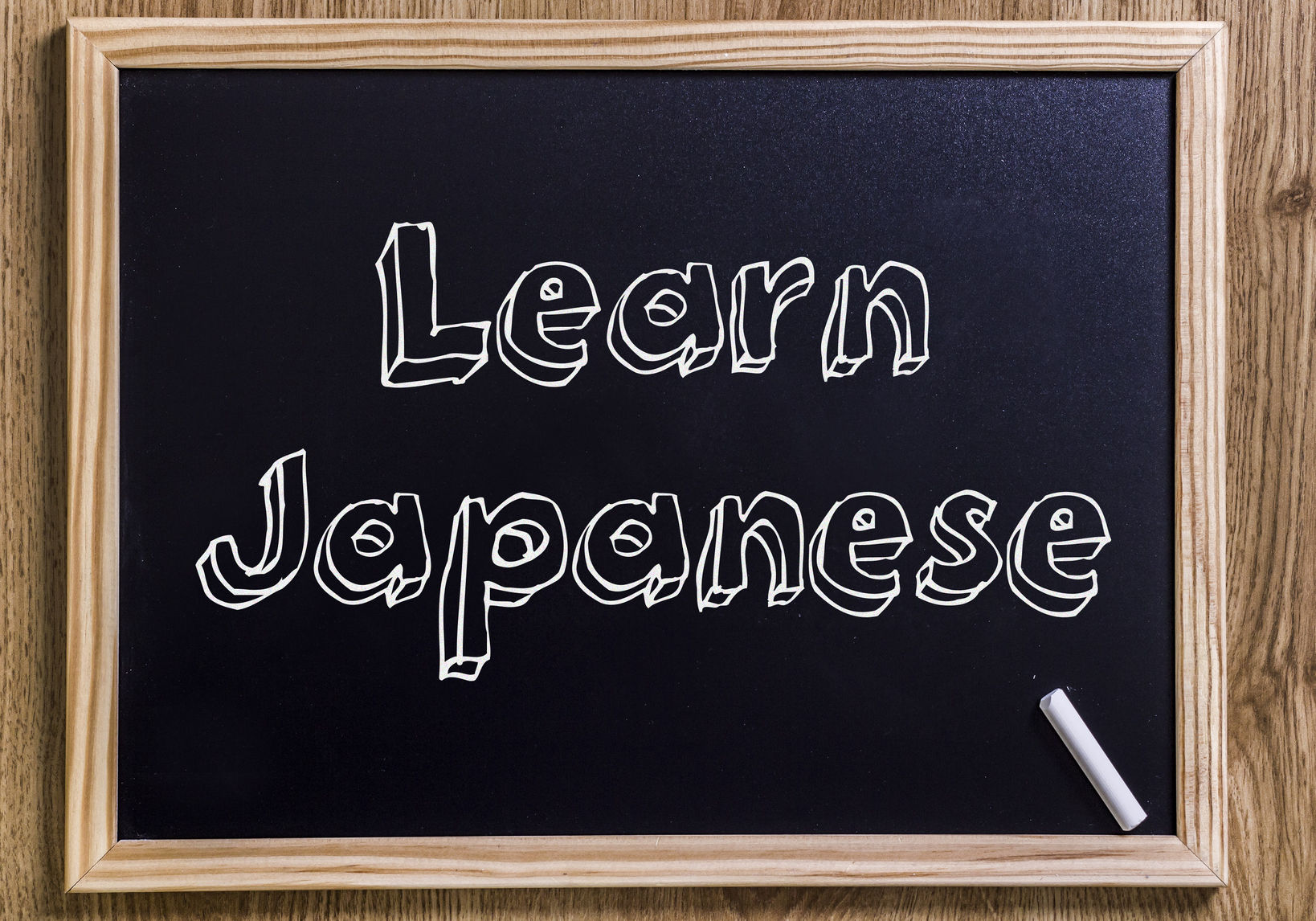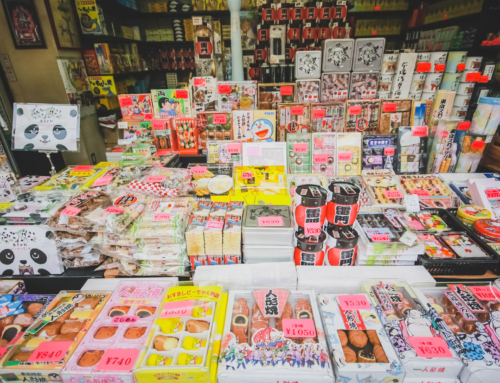Are you worried about how you are going to get along with your Japanese coworkers?
Or maybe..
You are currently feeling out of the loop in your all-Japanese workplace?
It is completely normal for a foreign worker to struggle with building relationships at work. In most cases it isn’t as fast or as natural as it would be back home. It can’t be helped! Especially in Japan, when there is such a huge language and cultural barrier. It is not uncommon for some to spend a lot of time trying to get into their coworker’s circle of trust.
But you just want to get along right? Don’t worry! There is a simple solution to help you speed up the process.
Just start by learning and using 2 magical but very basic Japanese greetings!

The Importance of Greetings in Japan
But why greetings you might ask?
Greeting someone is of course common manners in all cultures around the world. Not just Japan. However for those who are living in Japan, or have been to Japan will agree with me that the Japanese are meticulous when it comes to greetings.
Here is an example of a typical ‘greeting’ packed day in Japan that I experienced just today.
- Walking down the street on the way to work, I passed a preschool with 3 teachers standing at the school gate. They welcomed every single student and parent into the school with a big “Ohayou Gozaimasu!” (Good Morning)
- On the way home, I passed a junior high school with a group of 6 students (most likely the the student council) standing at the school gates. They said “Sayonara” (Good Bye) to every student and teacher leaving the school grounds.
- For dinner, I stopped off at a ramen restaurant for dinner. When I walked into the restaurant I triggered the door chime. Every single employee turned around and shouted ‘Irasshaimase!’ (Welcome) in unison. Of course to every other customer that walked in too.
- Lastly, after getting off the train at my local station. The station master was standing at the gates saying ‘Arigatou Gozaimasu’ (Thank you) over and over again to commuters.
The list is actually longer but I think you get the point.
Greeting are a Natural Reflex for the Japanese
You can definitely see that the Japanese are drilled from an early age to greet others. If you go back in history, in the ‘Kamakura’ period it was mandatory manner to greet anyone you pass or come face to face with. Whether you know them or not.
From my extended time in Japan I feel that the most distinct difference to western countries is that there is more emphasis on the frequency and timing Japanese greetings. Sometimes more than the actual meaning.
In Japan, greetings are more routine and in a way a natural reflex. Rather than something that has feeling or emotion. But of course this greeting routine is an important part of Japanese culture and living in Japan.
It’s a part of Japanese culture very different from the west. But one that we have to embrace.
Now let’s see why being on top of your basic Japanese greeting game will help you at work!

How Will Basic Japanese Greetings Help me in the Workplace?
The first and most significant reason why you should use Japanese greetings at work is to break down the barriers your coworkers may be putting up. These barriers of course may on purpose or subconscious.
Your coworkers may not be familiar with interacting with a foreigner. They may be afraid of having to use English. Or they may just plain have an allergy for all things foreign (quite common with older guys). Either way, you are bound to find one or two coworkers in your staffroom that you find will be a ‘hard nut to crack’.
Naturally by instinct we are more understanding and accepting when we are in our own comfort zone. So throwing something familiar at them like a ‘Japanese greeting’ is a good way to help them open up.
Secondly, the ‘action’ of the greeting itself is valued more in Japan, rather than the ‘feeling’ or ‘intent’ behind it. The ‘action’ of greeting someone is a common method to gauge someones level of manners, common sense and credibility. You will be judged and judged quickly and thoroughly.
How Do You Feel When Greeted Properly?
I asked 30 of my Japanese friends and co-workers the following question.
‘What impression do you get when someone greets you properly?’
The Top 3 answers showed that this person…
- Is well-mannered and can be trusted.
- Has common sense and is a credible worker.
- Is friendly and lively.
As you can tell it leaves a significant ‘positive’ impression on the people around you. By not giving a greeting naturally gives the opposite impression of the above.
Greetings are powerful in Japan right?

So What Basic Japanese Greetings Should I Use?
This post isn’t a ‘Learn Japanese’ post so I will keep things very simple. You just need two sets of phrases.
Ohayou Gozaimasu/Konnichi wa/Konban wa
= Good morning/Hello/Good Evening
Osaki ni shitsurei shimasu
= Excuse me for leaving first (Goodbye/See you tomorrow)
As I stated in the very start of this post, these are the only two basic Japanese greetings you really need. There is no need to get fancy.
Saying the above is simple, but you can’t go blurting it out like a bazooka gun. Now you know which greetings to use, you just have to master the ‘Art of timing’.

When Should I Use these Basic Japanese Greetings?
Greeting people is a good way to start conversation and to help make the working atmosphere better. So any time you see fit is the best answer. But here are the situations you should particularly focus on.
When you arrive at the staffroom/office
When you first arrive through the door for the day, a decently large ‘Ohayo Gozaimasu’, ‘Konnichi wa’ or ‘Konban wa’ is routine. You do not have to say it specifically to or be face to face with someone. But just say it loud enough so it can be heard around the room. Follow this with another quick greeting to the people sitting around you. If everyone is busy doing their own thing then it sometimes ends up like talking to the wall. But someone will see that your trying and acknowledge you.
When you come face to face with someone for the first time that day
As stated above, your first-up greeting will most likely not reach everyone in your office/staff room. Especially if you are working in a large workspace. So during the day there is a high chance that you will cross paths with people for the first time all throughout the day. When you do, it is a good idea to give a quick ‘Ohayo Gozaimasu’, Konnichi wa’ or ‘Konban wa’ as you walk on by.
When you finish up for the day and about to go home
Just like your first up greeting, a ‘Osaki ni shitsurei shimasu’ is the polite way to let everyone know that you have finished up for the day. It is similar to ‘See you tomorrow!’ but also shows acknowledgement that your co-workers are still working hard and you are sorry for ditching off home. Also in addition, if you have a manager or supervisor, it is just the polite way to let them know your done and gone.
What do I do if I have said hello, but see them again?
This is just an extra piece of advice and isn’t a verbal greeting. In this situation all you need to do is ‘bow’. You may already know about the ‘bowing’ culture in Japan. There are different levels for bowing for difference situations.
When you come across someone again during the day you can use a bow called ‘Eshaku’ which is a greeting in the form of a quick nod as a sign of acknowledgment. If you have something to say to that person (and can actually communicate it) then by all means. If you don’t this quick nod thing is the way to go.
You Don’t Need Super Skills to Greet Someone!
By keeping on top of your greetings you can show your co-workers that you are polite, have manners, can be trusted and most importantly in my opinion trying your best to fit in to the Japanese way of life.
Even if you are a new, slow or an unexperienced worker, putting in effort and trying goes a long way (even if you think no one is actually taking the time to notice). A greeting is not just a conversation starter in Japan, it is also the door to their hearts.
Greetings in the workplace is just the tip of the iceberg. When you do create a bond with your workers, you have to then maintain it. By doing such things such as giving Omiya Souvenirs regularly!




